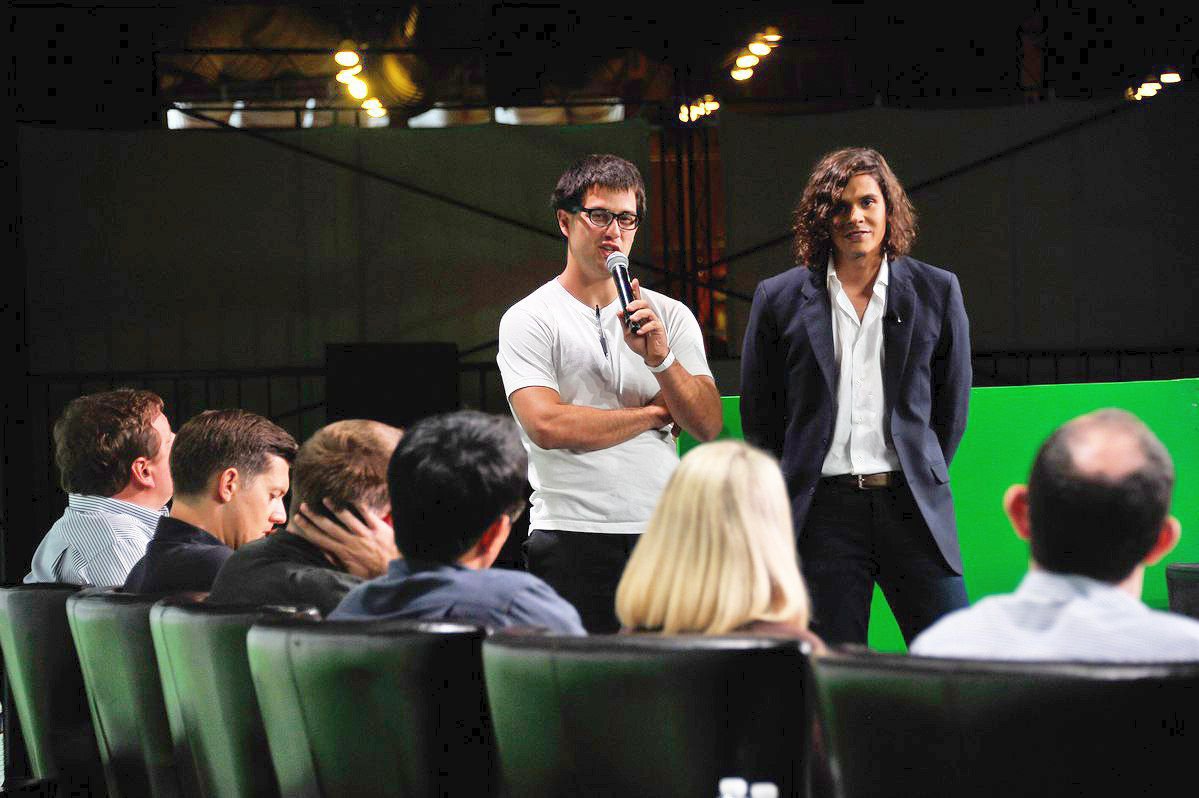Mexico cracks down on solar geoengineering, forcing tech startup to pause operations

A controversial climate tech and solar geoingineering startup announced that it would pause its efforts to commercialize solar geoengineering in Mexico, an experimental and risky method of reversing climate change.
The startup company called Make Sunsets, which had been experimenting with releasing sulfur dioxide into the atmosphere, is just one of hundreds, if not thousands, of companies worldwide who are obtaining large financial backing to develop and deploy Sun-dimming Technology.
These new tech companies believed the technology of blocking the sun with artificial clouds could potentially reflect sunlight out of earth’s atmosphere, triggering a global cooling effect.
But Scientists at the National Council of Science and Technology (Conacyt) say there’s no scientific studies to justify such technology, and the solar-blocking is pseudoscience profit-making scheme promoted by financial interest groups.
Despite the fact that the new solar geoengineering tech is a fad that has zero scientific data to back it up, it has now become a multi-billion-dollar industry publicly traded on the geoengineer stock market.
CONACYT reminded investors and companies who are promoting this new pseudoscience industry that they are in violation “the Convention on Biological Diversity of the United Nations (UN), to which Mexico is a party to, which established in 2010 a moratorium that remains in force today against the deployment of geoengineering.”
In the case of the Sun-dimming startup who has the financial backing of several U.S. investors, Mexican authorities from the National Council of Science and Technology (Conacyt), and the Department of Environment (Semarnat) gave an epic scolding to the two Sun-dimming entrepreneurs who were planning to block the sun in Baja California.
CONACYT and Semarnat issued a communique titled: “Experimentation with solar geoengineering will not be allowed in Mexico.”
CONACYT scientists say climate manipulation of sun-blocking technology, not only is pseudoscience, but it could endanger the ozone layer of the planet and cause meterological disturbances in the planet.
“Studies show negative impacts due to the release of these aerosols and that they cause meteorological imbalances.” Conacyt.
Very diplomatically, the Conacyt communiqué calls out investors for pursuing pseudosciences for the sake of generating profit at the expense of the plants and the planet’s environment.
“The opposition to these climate manipulations is based on the fact that there are currently no international agreements that address or supervise solar geoengineering activities, which represent an economically advantageous for a minority [of individuals], and a very risky remedy to combat climate change.”
CONACYT further stated it will coordinate with a panel of scientific experts “rigorous” scientific research in order to expose the serious risks that solar geoengineering practices represent for the environment, people and their community environments.”
“Semarnat will implement a strategy that prohibits these practices within the national territory, which will serve to strengthen the first references worldwide. Under the precautionary principle and the bases established in the Montreal Protocol, which promotes the protection of the ozone layer and the fight against climate change, any large-scale practice with solar geoengineering in its territory will be stopped, which presume to be large-scale technologies, but still remain unscientific.”
In addition, CONACYT says, “work is being done to provide the general public with scientific relevant information on the topic of geoengineering that has been promoted in recent years by companies, scaling up financial investments so that, without scientific support, [these sun-blocking pseudoscience] can be perceived as alternative technologies to fix the impacts of climate change.”
The idea of releasing aerosols into the atmosphere to cool the earth has been around since the 1960‘s, but it had largely been relegated to science fiction.” –an article by CNBC news says.
Yet, Luke Iseman, a serial inventor and the former director of hardware at Y Combinator, started tinkering with releasing sulfur dioxide particles into the atmosphere with balloons, raised venture capital to fund the U.S startups in Mexico, and brought on co-founder Andrew Song to manage sales.
Make Sunsets was founded in October 2022 by entrepreneurs Luke Iseman and Andrew Song with a total of $750,000 in seed funding from the venture capital firms Boost VC and the Pioneer Fund.
Meanwhile, Make Sunsets was planning to launch more weather balloons that would release sulfur dioxide in Baja California–a state known to be sunny most of the time. But many industry watchers criticized the plans for being hasty and “lacking sophistication.”
The lack of an international governance structure surrounding global geoengineering is a big concern for industry watchers in regards to what companies like Make Sunsets was doing in Mexico.
Kelly Wanser, the executive director of SilverLining, an organization promoting research and governance of climate interventions, supports the move by the Mexican government.
“The Mexican government is right to halt irresponsible activity and emphasize the importance of scientific examination and science-based governance for solar climate intervention,” Wanser said in a statement shared by a press officer. “Irresponsible activities and unfounded claims are an example of why society needs publicly supported research, scientific assessment, and the expansion of governance mechanisms like the Montreal Protocol, to help ensure a safe climate.”
But why is this happening? The large monopolies created in the last 30 years through “consolidations and mergers” across all industries has made it possible for a bad idea– based on pseudoscience — to be promoted as real science and to quickly become mainstream. And Mexico is one of the first countries to speak out about this new phenomenon that could potentially harm the environment, water and food, and the planet as a whole.
Sources:
SEMARNAT
MSN Money Markets





